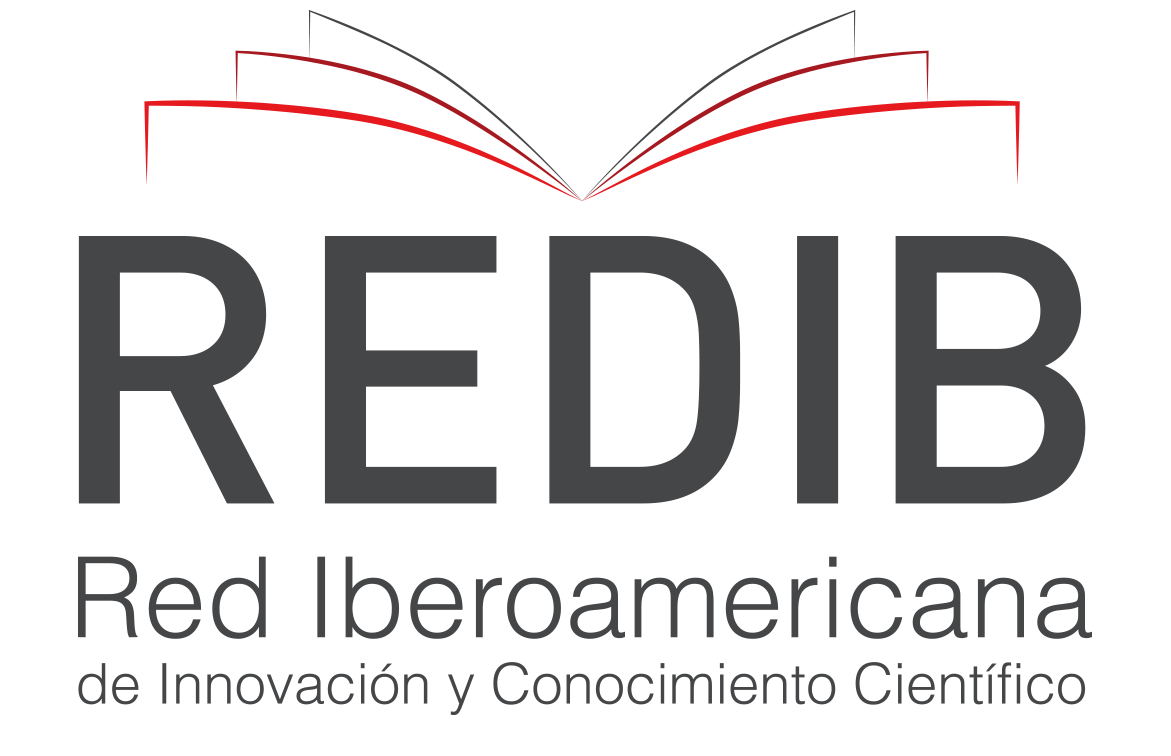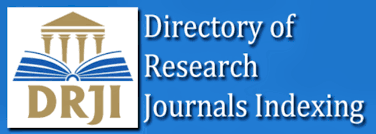APPRENTISSAGE DES LANGUES ÉTRANGÉRES: DES STRATEGIES AUX ENSEIGNANTS POUR MOTIVE LES APPRENANTS
Palabras clave:
estrategias, docent, motivación, alumnoResumen
El propósito de este articulo es explorer la literature sobre la motivación en el aprendizaje de lenguas extranjeras, su objetivo es proponer estrategias para que los docents motive a los alumnus a participar activamente en las actividades de aprendizaje más en serio y concienciar a los docents sobre la importancia de motivar a los alumnus en el aula. En base a esto, se cree ampliamente que, entre otras diferencias individuals en el aprendizaje de lenguas extranjeras ( personalidad; aptitud, estilo de aprendizajes…), la motivación es un fenómeno complejo de abordar. Porque cuando las personas desean aprender un idioma, se involucran en una comunidad de manera más efectiva. Además, se sienten más seguros. Además, sintetiza las conclusions extraidas de la literature sobre motivación realizada para identificar estrategias apropiadas para ser utilizadas por los docents en su aula.
Citas
Crookes, G and Schmidt, R. (1991). Motivation: ´Reopening the Research Agenda´. Language Michigan University America.
Deci, E. L., and M. R. Ryan (1985), intrinsic motivation and self-determination in human behavior. Plenum Press.
Dörnyei, Z. (2005). The psychology of the language learner: individual differences in second language acquisition. Mahwah, NJ: Lawrence Erlbaum.
Dörnyei, Z. (2009). the L2 motivational self-system. Motivation, language identity and the L2 self, 36 (3), 9-11.
Dörnyei, Z. (2014). Motivation in second language. In Celce-Murcia, M., Brinton, D., & snow, M. A. (Eds.). teaching English as a second or foreign language (4th ed.) (pp. 518-513). Boston: National geographic learning.
Eccles, J. S., and Wigfield, A. (2002). Motivational beliefs, values, and goals. Annual review of Psychology, 53, 109-132.
Gardner, R. C. (1985). Social psychology and second language learning: the role of attitudes and motivation. London: Edward Arnold.
Gass, S. M., Behney. J., and Plonsky. L. (5thed), (2020). Second language acquisition: An introductory course. New York, NY. Routledge.
Kirondo, Y. A. (2014). Strategies Employed by Teachers to Motivate in Kinondoni Municipality
Leaper, C. (2011). More similarities than differences in contemporary theories of social development?: A plea for theory bridging. Advances in child development and behavior, 40, 337-378…
Lightbrown, P. M and Spada, N. (2006). How languages are learned (3rd Edition): Oxford Handbook for Language Teachers.
Noels, K. A. (2023). Self-determination theory and language learning.
Rosenzweing, E. Q., wigfield, A., and Eccles, J. S. (2019). Expectancy-Value Theory and its relevance for student motivation and learning.
Ryan, R. M., and Deci, E. L. (2000). Self-determination theory and the facilitation of intrinsic motivation, social development, and well-being. American psychologist, 55 (1), 68.
Ur, P. (2012) A Course in language teaching: practice and theory. Second Re Edition. Cambridge university press. Cambridge.
Wigfield, A., and Eccles, J. S. (2001). The development of competence beliefs, expectancies for success, and achievement values from childhood through adolescence.
In A. Wigfield and J. S. Eccles (Eds.), Development of achievement motivation (pp.91.120). san Diego. CA: Academic Press.
Yilmaz, E., Mehmet, S., and Mehmet, T. (2017). Variables Affecting Student Motivation based on Academic Publications. Journal of Education and practice. Vol. 8, No. 12:112-120.
Descargas
Publicado
Cómo citar
Número
Sección
Licencia
Derechos de autor 2025 Rufina Graciano

Esta obra está bajo una licencia internacional Creative Commons Atribución-NoComercial-CompartirIgual 4.0.

























